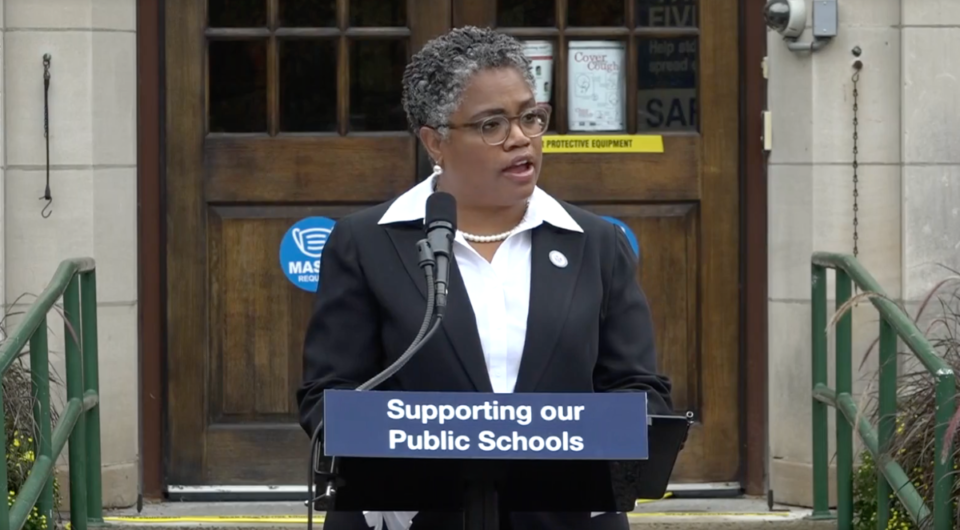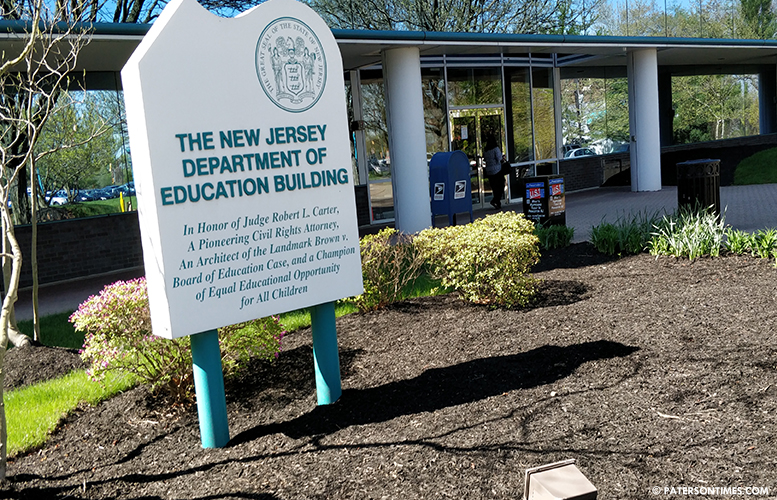We Are the World
March 21, 2014Sunday Leftovers
March 23, 2014From NACSA: “Growing Great [Charter] Schools in New Jersey
This week the National Association of Charter School Authorizers issued a case study of New Jersey’s charter school environment called “Growing Great Schools in New Jersey.” The report salutes NJ’s journey from a lackadaisical, compliance-driven Charter School Office to a new performance-driven model during Chris Cerf’s tenure as Commissioner.
Here are some highlights from the case study.
- In NJ, 33,500 students are enrolled in 87 charter schools or 2.4% of the total public school population. 20,000 students are on charter school waiting lists. Since 2011 the DOE has opened 23 new charter schools, closed 10 low-performing ones, and placed 23 on probation.
- In 2010 43% of charter schools met academic expectations; in 2013, 56% did. NJ charter school students gained an average of two months of learning in language and an additional 3 months in math compared to district school counterparts (according to the CREDO study).
- When Chris Cerf started as Commissioner, the DOE Charter School Office was understaffed with only four full-time employees. Former Deputy Commissioner Andy Smarick explains the need for a “total rebuild.” “We were getting so many applications and had so few staff,” Smarick recalls, “that I witnessed what I considered to be unfortunate work-minimization strategies. An application with great promise might be rejected for a small process foul. I was worried about false positives and false negatives—I couldn’t be sure that all low-quality proposals were being rejected or that all great proposals were being approved. It was a structural problem, and it had to be addressed.”
- Com. Cerf hired Amy Ruck to run the Charter School Office. “ Ruck describes a set of internal challenges. “There was the need to create a common agenda and commitment among staff, many of them inherited from the previous administration. There was the need to construct missing tools and processes, such as performance frameworks, contracts, and a renewal process. There was the need to adequately prepare leadership for difficult closure decisions.”
- “Ruck’s proposal to the commissioner—which became the foundation of the Office of Charter School’s Strategic Plan—built on these improvements, and reflected the Department’s priority on high-need neighborhoods. The proposal focused on 1) defining quality; 2) building a pipeline of quality schools; 3) becoming a nationally recognized authorizer of excellence; and 4) turning the focus from compliance to accountability. “This meant changing attitudes as well,” she accentuates, ‘from a goal of ‘on par’ to a goal of ‘better than’ for our schools. We didn’t think it was acceptable to just be good enough; we wanted our charters to offer better options to our families.”
- Greg Richmond, President and CEO of NACSA, says that “New Jersey is an example of how difficult and painful it is to close schools. It is also an example of people doing the right thing despite how hard it is.” Says Richmond, “The commissioner [Cerf] was willing to take criticism and he got it from all sides: criticism for not approving enough schools, for approving any schools at all, for closures. Some school systems stop when someone says something negative. But you cannot stop in the charter space,” he maintains. “You have to build quality systems and then implement them even when it makes people unhappy. If you’re not getting criticized from the left and the right, you’re probably not doing something right.”
- NJ’s 18-year old charter school law has been up for rewrite for years, although legislative efforts seem moribund. NACSA says the law is “in dire need of a revamp.” The challenge is that NJ charter schools are “highly politicized and highly regulated.” Mashea Ashton of the Newark Charter School Fund says, “We’ve been in conversations for years about how to improve the law. Of course, when you open a bill, everything’s on the table. But we’ve learned a lot about quality schools and accountability to guide us.”
- Ashton’s priorities for a new charter school law include “a second authorizer, facilities funding, access to underutilized district buildings, and stronger accountability provisions.” She continues, “[w]e need a universal enrollment system which reflects our commitment to serve all student. We need data transparency and consistency between charters and traditional schools, which could help eliminate the ‘us v. them’ talk. And we must be committed to quality, which includes closing low-performing schools when necessary.”
- Carlos Perez, head of the NJ Charter School Association, tells NACSA that a state department should “oversee districts, not schools” and, therefore, “it makes sense to have more than one authorizer.” NJ only has one — the Commissioner of Education — contrary to best practices. Perez flags another concern. “There’s a one-to-one correlation between who’s in the governor’s office and the quality of authorizing. We have strong support from Governor Christie, but schools being approved right now will not be renewed for four more years; in other words, the next administration will renew these schools.” He poses, “How can we have an authorizing process that can stand the political pressures of who’s in the front office?”





3 Comments
Ashton and Perez' priorities are to have “a second authorizer” and “more than one authorizer.”
Uh-huh. And who might that be? Andy Smarick???
Also from Perez: “How can we have an authorizing process that can stand the political pressures of who’s in the front office?”
Indeed. If your goal is to create a parallel system of charter schools that drains critical funding from Constitutionally-mandated conventional public schools you should expect more than a little “political pressure” in the form of push-back.
Dream on, Carlos.
Somehow I think that Andy Smarick has other things to do.
One idea often mentioned is to create of board of stakeholders who act as an authorizer.
Yes, he does. When was the last time he changed jobs? The grass never grows underfoot in Reform World.